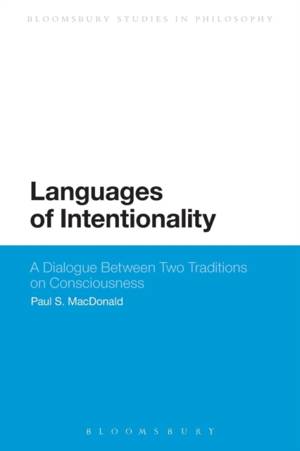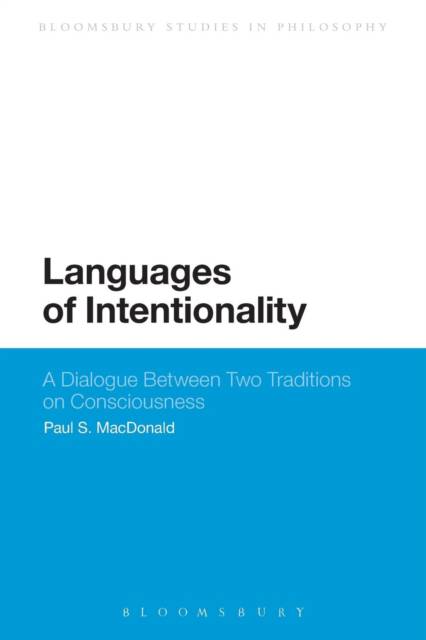
- Retrait gratuit dans votre magasin Club
- 7.000.000 titres dans notre catalogue
- Payer en toute sécurité
- Toujours un magasin près de chez vous
- Retrait gratuit dans votre magasin Club
- 7.000.0000 titres dans notre catalogue
- Payer en toute sécurité
- Toujours un magasin près de chez vous
Description
Intentionality - the relationship between conscious states and their objects - is one of the most discussed topics in contemporary debates in philosophy of mind, cognitive neuroscience and the study of consciousness. Long a foundational concept in Phenomenology, it has also received considerable coverage in the writings of analytic philosophers. This book is the first study to offer an impartial, well-informed assessment of the two traditions' approaches through an in-depth investigation of the principal thinkers' ideas, so that their positions emerge side-by-side, converging and diverging on certain shared themes.
Beginning with a historical discussion of thedevelopment of the term in the work of Continental thinkers in the 19th and early 20th centuries, the book considers the work of Brentano and Husserl and subsequent existentialist critiques. From there, it explores how empirical-analytic philosophers took up the topic, drawn as they were to materialist and computer models of the mind. Finally MacDonald presents a new 'hybrid' account of intentionality that will be a crucial work for scholars working on consciousness and the mind.
Spécifications
Parties prenantes
- Auteur(s) :
- Editeur:
Contenu
- Nombre de pages :
- 240
- Langue:
- Anglais
- Collection :
Caractéristiques
- EAN:
- 9781472529602
- Date de parution :
- 16-01-14
- Format:
- Livre broché
- Format numérique:
- Trade paperback (VS)
- Dimensions :
- 156 mm x 234 mm
- Poids :
- 340 g

Les avis
Nous publions uniquement les avis qui respectent les conditions requises. Consultez nos conditions pour les avis.






